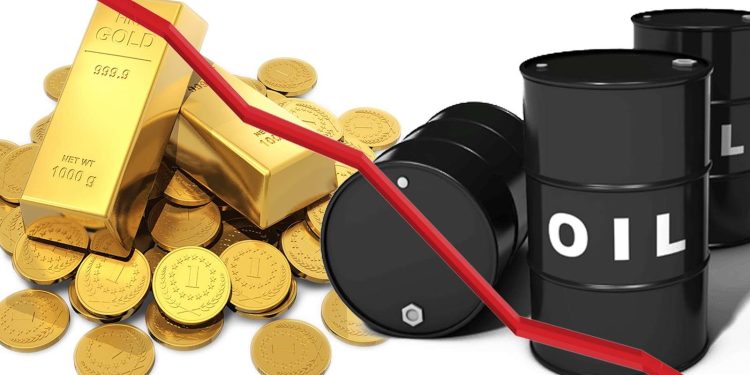Accra, Ghana – The Chamber of Oil Marketing Companies (COMAC) has challenged the assertion that the previous government’s Gold-for-Oil (G4O) policy was a major factor in the decline of fuel prices.
COMAC argues that global market forces, not the G4O initiative, were the primary drivers of the price reductions.
Ghana implemented the G4O policy in December 2022, with the first shipment arriving in January 2023. The policy aimed to stabilize fuel prices by using gold to purchase petroleum products.
However, COMAC points out that the G4O program initially covered only 10% of the country’s monthly fuel consumption, peaking at just 30%.
COMAC contends that fuel prices in Ghana were already decreasing before the first G4O shipment arrived. Between November 2022 and June 2023, global crude oil prices fell from $96.04 to $74.27 per barrel, while petrol and diesel prices dropped from $968.25 and $1,096.98 per metric ton to $828.70 and $691.41, respectively.
Correspondingly, domestic petrol and diesel prices decreased from GHS 16.57 and GHS 23 per liter in November 2022 to GHS 11.90 and GHS 11.96 per liter by June 2023.
Based on these trends, COMAC argues that the G4O policy had a minimal impact on price stabilization, with global supply and demand dynamics being the dominant factors.
The Chamber also disputes claims that the policy significantly contributed to Ghana’s inflation rate decrease from 54% in 2022 to 23.5% in 2025. Given the policy’s limited effect on fuel prices and declining import volumes over time, COMAC believes linking G4O to the sharp inflation decline is inaccurate.


